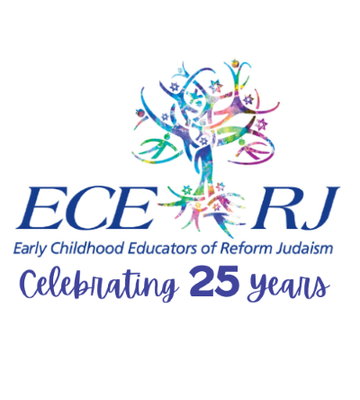
QUESTIONS NEW TEACHERS SHOULD ASK
Onboarding is the process by which new hires get adjusted to the social and performance aspects of their jobs quickly and smoothly. They learn the attitudes, knowledge, skills, and behaviors required to function effectively within an organization. However, a study conducted by Richard Ingersoll found that teaching is mostly done in isolation from colleagues and supervisors. According to the study, “This isolation can be especially difficult for newcomers, who, upon accepting a position in a school, are frequently left to succeed or fail on their own within the confines of their classrooms — often likened to a ‘lost at sea’ or ‘sink or swim’ experience.”
What can you, as a teacher, do to become more connected to your school? Ask the questions that will allow you to really know your school – create an “onboarding” strategy that meets your needs and learning style. Then, share what you have learned with the families of the children in your classroom. The more you learn about the specifics of your school and your institution, the more confident you will sound to the families.
Ask about… School Philosophy
Who are we?
- We are a developmentally appropriate preschool. That means, we teach children according to their developmental level.
- We are play-based. We believe that children learn through their play and interaction with their environment. In order to facilitate student learning, we fill our classrooms with ever-changing materials which include manipulatives, books, art supplies, dress-up, real-life artifacts, etc.
What do we teach?
- We borrow from a number of educational philosophies in order to create a developmentally appropriate curriculum.
- We teach “academics” (think ABCs and 123s) in an emergent and organic manner. We allow these subjects to emerge naturally throughout the day. That means, counting children as they line up at the door (How many friends do we have? 1, 2, 3, 4, 5…), spelling words throughout the day (Let’s look at the sky. S-K-Y, sky), using beginning letters often (Patty starts with the ‘Puh’ sound. That’s the letter P).
- We infuse our teaching with Jewish values (discussed below). We are interested in the science of how children learn, how their brains acquire and process information.
What don’t we teach?
- We do not indoctrinate. There is not one right way of thinking. We promote a culture of inquiry among our staff and students. We encourage questioning and multiple perspectives.
- We do not force or persuade children to do something that is not at their developmental level. For example, we do not teach children to write their name without first teaching them how to hold a pencil.
- We do not genderize (boy/girl) toys, dress-up, or materials. We allow children to self-identify and choose materials that they feel are appropriate for them. Remember, there are no “boys’ toys” or “girls’ toys”.
Ask about…Your Work Environment
What are the school resources?
- We have a teacher resource room next to the Director’s office. There are books, videos, music, and materials available for use.
- We have a Temple library with books on Judaics as well as general studies. The Temple library also houses many children’s books.
- The Rabbi and Cantor are available to visit classrooms during the school year. It is especially nice for them to visit during holidays.
What are the temple resources?
- Learn about programs that are available to staff and families with young children.
- Find opportunities to get to know Temple staff outside the school.
- Seek out clergy or Temple mental health professionals for ideas to use in your classroom or for guidance in your personal life.
Ask about… Professionalism and Professional Development
What do we, as staff, need to know?
GENERAL STUDIES
- We know that we must be familiar with our curricular materials. That means, reading through the materials and other resources available. In order to teach a subject, we know we must first immerse ourselves in the subject matter.
- Continued professional development is important to us. We know that in order to succeed at teaching, we must succeed at learning.
JEWISH STUDIES
- We follow the Jewish calendar in regards to holidays (Rosh Hashanah, Yom Kippur, Chanukah, etc.). We sing songs related to Jewish tradition.
- ) and righteousness/justice (chesedWe surround ourselves with Jewish values, especially those of peace (shalom), kindness (tzeddakah).
- We know that many, if not most, of our students are not Jewish. They come from a variety of faith and cultural backgrounds. We respect their family traditions and beliefs.
How do we assess our teaching and student learning?
- Students are assessed one or more times a year.
- Teachers will be evaluated informally throughout the school year. Formal evaluations will take place at least once throughout the school year.
By Tammy Kaiser, MSJE
September 2018
- Deborah Pruitt likes this.
-
Deborah Pruitt Thanks for sharing this..... I'd love to borrow your post and tweak it a bit for our preschool, though the content is very much 'on point' for our program. I know from years of experience, that I... see more Thanks for sharing this..... I'd love to borrow your post and tweak it a bit for our preschool, though the content is very much 'on point' for our program. I know from years of experience, that I might unintentionally overlook sharing some of these specifics with new staff, so it'll be a good addition to our staff handbook.6 years ago


